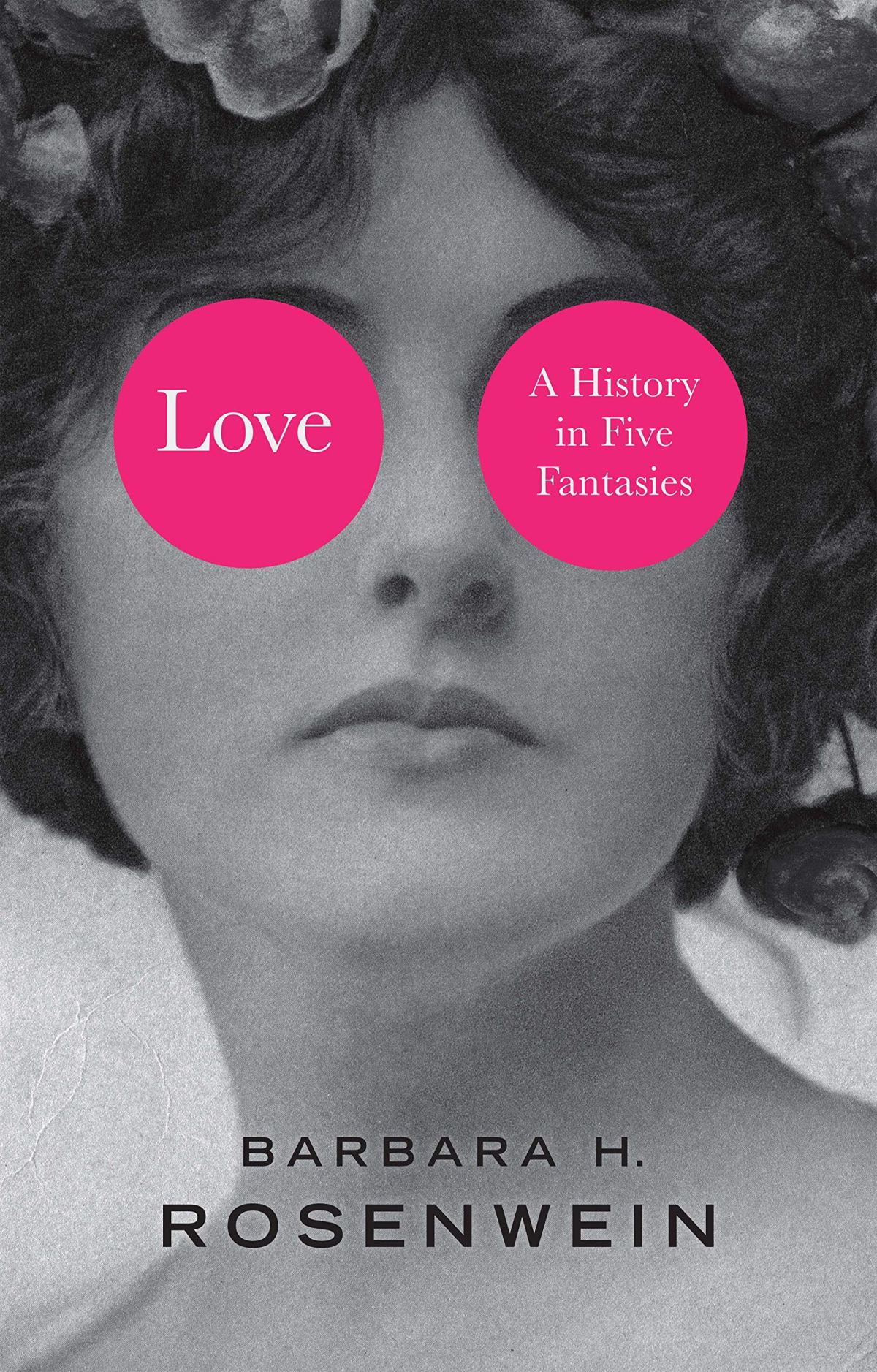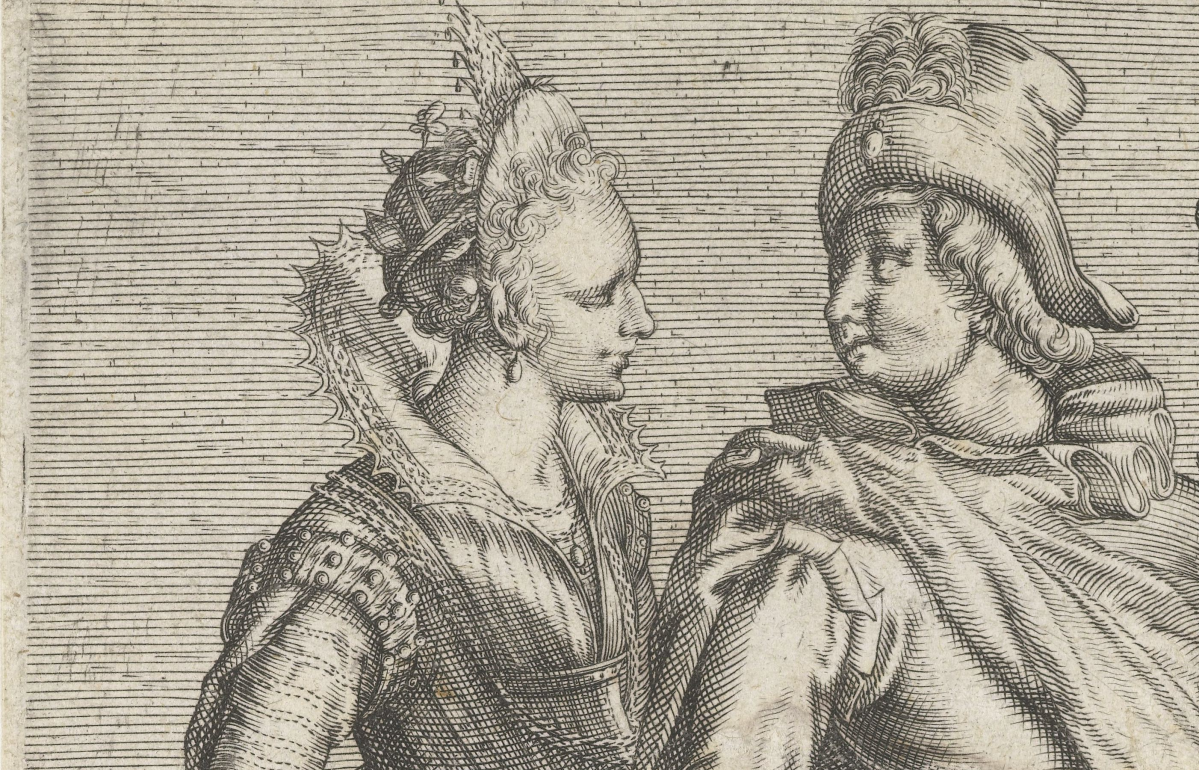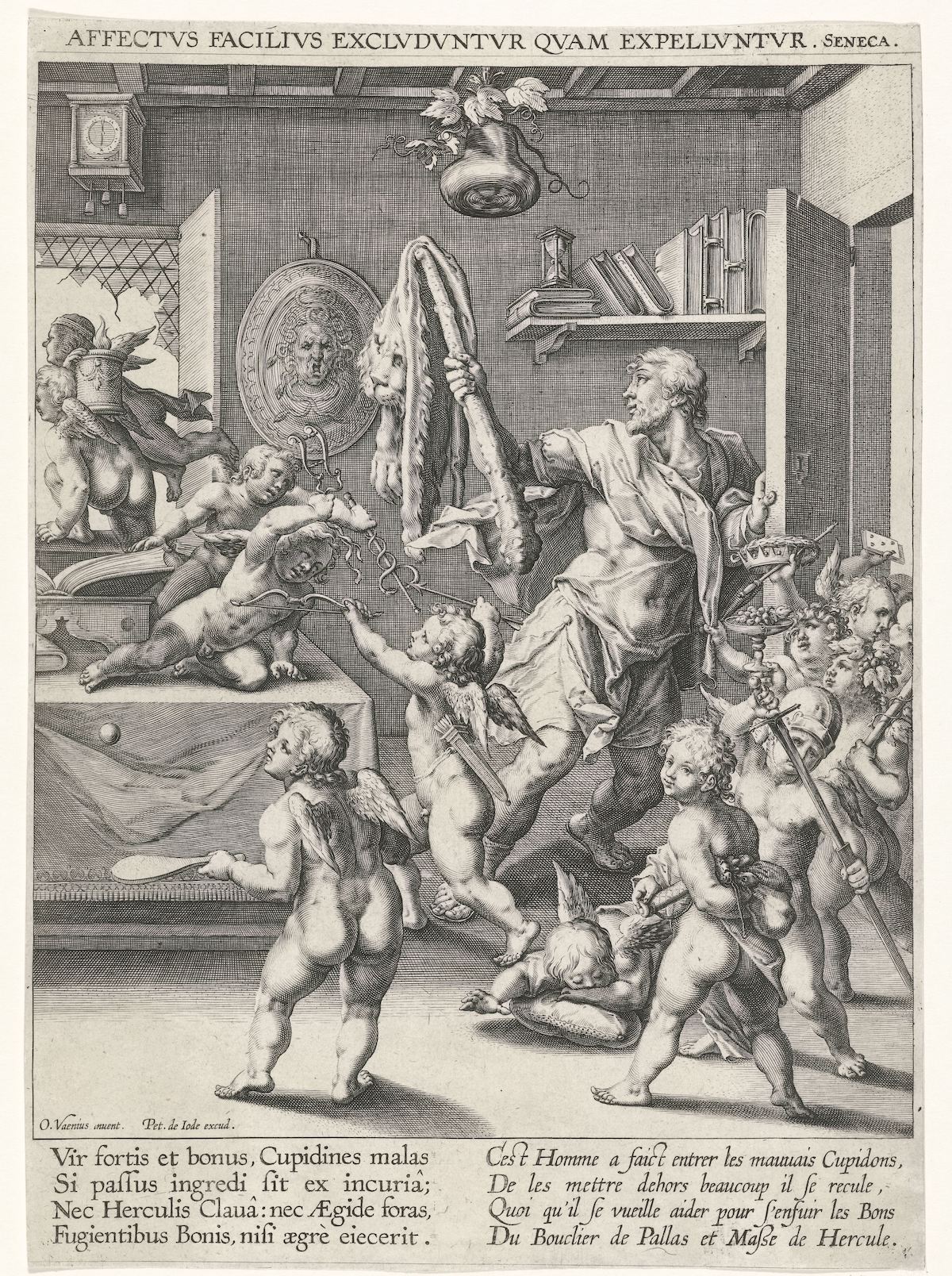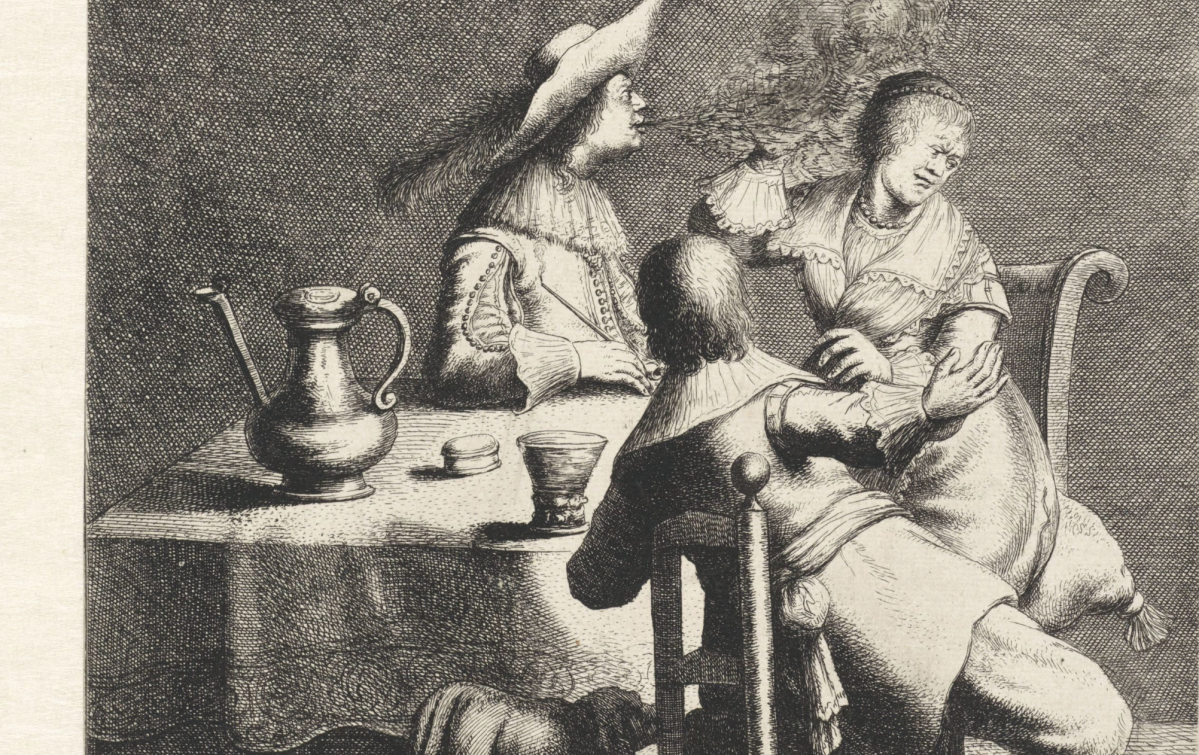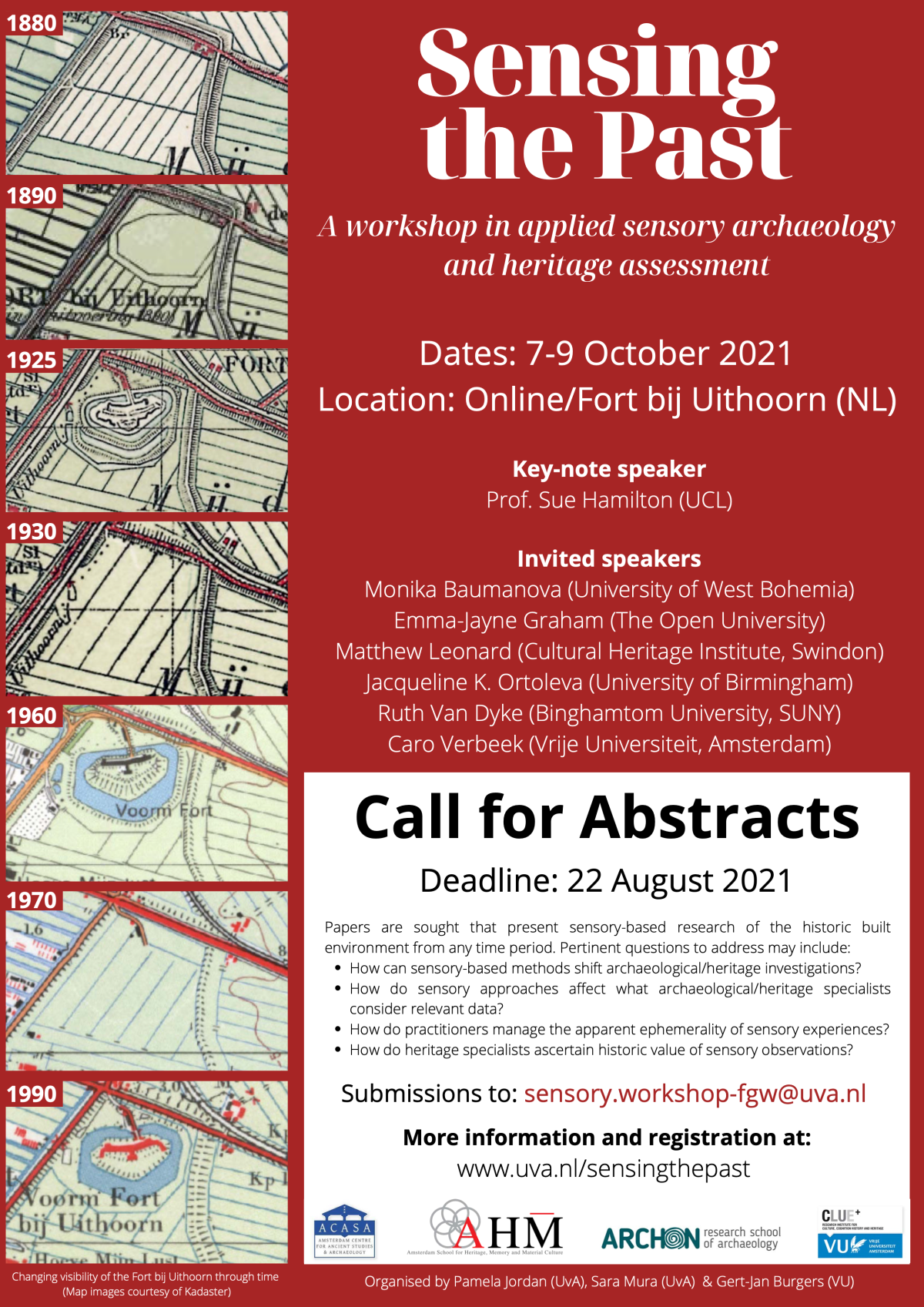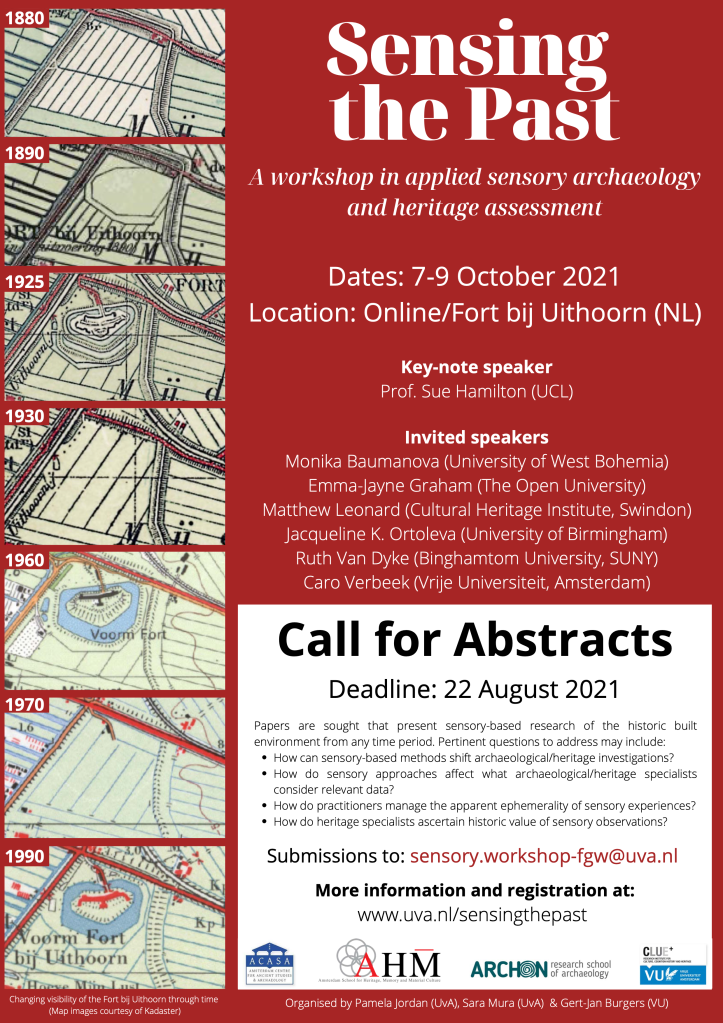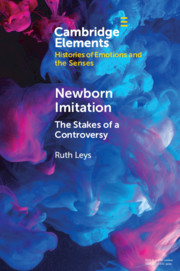Date: Monday 3 October 2022, from 16:00hrs
Beelkamer, Huize Heyendael Speaker
Opening lecture RICH-fellow Professor Barbara H. Rosenwein
Monday 3 October marks the first day of Professor Rosenwein’s month-long visiting fellowship at RICH Radboud. Her opening lecture will take place at 4 pm (CEST) on campus. Everyone is invited to join in person or online, but registration is required (see the website of the Radboud University).
Love: A New Approach in the History of Emotions
The many excellent approaches to the history of emotions—emotionology, emotional regimes, emotional communities, emotional practices of the body—are extremely useful for looking at emotions at particular moments in time. But my study of the history of love led me to add another approach: to analyze the narratives that inform the emotion. Emotions are not simple: they are experiences, yes, but they are also communications (performatives), moral judgements, implied expectations, and many other things. The same “named” emotion is understood in different ways depending on the narrative that organizes it and gives it meaning. Because of the complexity of these narratives, I prefer to call them fantasies, which also emphasizes their shape-shifting potential.
Barbara H. Rosenwein (Ph.D. (1974), B.A. (1966), University of Chicago) is Professor Emerita at Loyola University Chicago. She is an internationally renowned expert in European medieval history and the history of emotions, and has published a number of influential works. In 2010, she published Emotional Communities in the Early Middle Ages. Her most recent books include Anger: the History of a Conflicted Emotion (Yale University Press 2020) and Love: a History in Five Fantasies (Polity Press 2021).
Since 2009, Rosenwein has been an affiliated research scholar at the Centre for the History of the Emotions at Queen Mary University in London. She was a scholar in residence at the American Academy in Rome in 2001-2002 and was elected Fellow of the Medieval Academy of America in 2003. Rosenwein has lectured throughout the world, including France, The Netherlands, Great Britain, Spain, Germany, Israel, Sweden, Taiwan, Australia, Italy, and Iceland. She retired from teaching as Professor Emerita in 2015 but continues to write and research.
Throughout October 2022, she will be a visiting fellow at the Radboud Institute for History and Culture.

